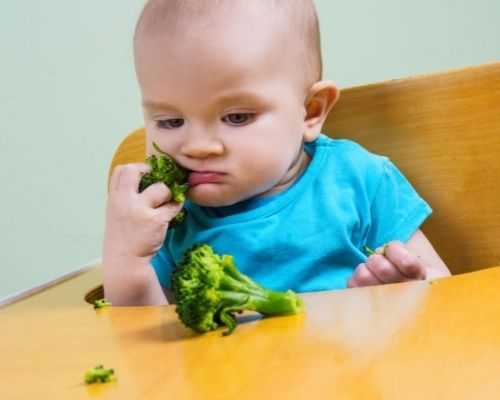The world’s rarest cheese, Pule, is made from REINDEER milk.

Pule cheese is a Serbian cheese prepared from Balkan DONKEY'S milk. Pule is not only a distinctive component of Serbian cuisine, but it's also the world's most expensive cheese.
There is a type of honey harvested in Nepal that causes hallucinations.

Mad honey is made by bees that feed on rhododendron flowers, which give it its psychoactive effects.
The most expensive grapes in the world sold for $26.00 EACH in 2008.

Ruby Roman Grapes are grown in Japan. They are the size of a ping pong ball. Each grape must weigh at least 20 grams and contain at least 18 percent sugar!
Piranha soup is popular in the Pantanal region of Brazil and is believed to be an aphrodisiac.

Advertisement
California produces 99.9% of all artichokes grown in the U.S.

There is a watermelon ripeness app for your cellphone that uses the phones microphone to determine the ripeness of a watermelon.

The watermelon ripeness detection app (melon meter) it is/was available in the apple app store.
Studies have shown that having a messy kitchen cuases people to eat less.

Research from Cornell University’s Food and Brand Lab suggests that chaotic food environments make people OVEREAT.
Squid are aged in bourbon-filled wooden tanks for 18 months to form the foundation of Worcestershire sauce.

Worcestershire sauce is prepared by maturing ANCHOVIES for 18 months in VINEGAR-filled wooden vessels.
Advertisement
A study found that if your waitress/waiter is oveerweight, you are four times more likely to order dessert from them.

The study was conducted at Cornell University’s food psychology lab.
Only the male hop plant can be used to make beer.

There are two types of hop plants: male and female. Male and female hop plants both produce cones, however only the FEMALE cones are suitable for beer production.
Bird's Nest Soup is made from the solidified saliva of the swiftlet bird.

Bird nest soup is an exquisite delicacy featured in many Asian cuisines, and are sometimes referred to as the "Caviar of the East." It costs over $100.00 per bowl!
There are 5 official shapes of McDonald's Chicken McNuggets- they are the Ball, Bone, Bell, Boot and Bow.

There are only 4 shapes. The Bow is NOT one of them.




